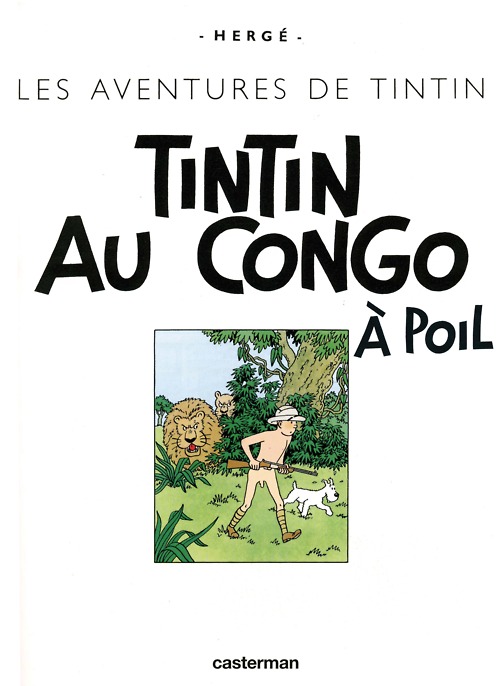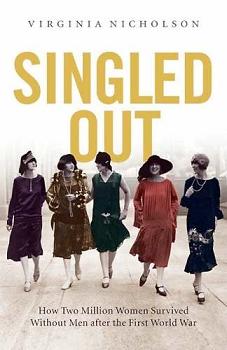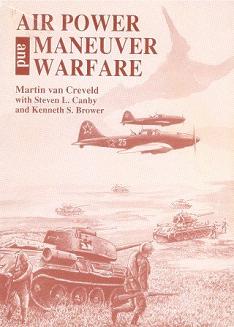
The colonial racism and casual animal cruelty of Tintin Au Congo getting you down? Try Tintin Au Congo a poil. Via Vuijlsteke.

The colonial racism and casual animal cruelty of Tintin Au Congo getting you down? Try Tintin Au Congo a poil. Via Vuijlsteke.

Singled Out
Virginia Nicholson
312 pages including index
published in 2007
I found Singled Out in the Middelburg library and picked it up because it looked like the sort of book Sandra would’ve enjoyed reading. She had always been interested in social history, especially of Britain between the wars and of the role women played in these years. Sandra had actually been the one who first pointed out to me why there were so many spinsters in twenties and thirties detective stories, all those women living alone in bedsit rooms or sharing a cottage together. That was something I had noticed but assumed just to have been some sort of convention of the genre, rather than something real reflected in fiction.
But that was exactly what it was, as the interwar period was the period of the “Surplus Women”, two million women for whom there was no and would be no husbands, with the “flower of British manhood” cut down in the mud of Flanders. The First World War had left hundreds of thousands British men dead and many more crippled for life and a whole generation of women without enough husbands to go around. Granted, as the raw statistics prove this was not a new situation, as in Victorian times too this had been the case, but this was the first time this gender imbalance was both large and out in the open. This time it had hit the middle and upper classes disproportionally and therefore was widely commented on in the media and felt by those women themselves. What’s more, it came at a time of huge societal changes and anxiety and, as Nicholson shows, these socalled “surplus women” played a huge role in making British society more equal to women in general.

Air Power and Maneuver Warfare
Martin van Creveld, Steve Canby & Ken Brower
268 pages including index
published in 1994
Air Power and Maneuver Warfare is a strange book. At first it seems to be just a theoretical and historical overview of how air power and maneuver warfare fit together, but something seemed off from the start. This book was commissioned by the US Airforce’s Air War College just after the Cold War had ended and more importantly, the US military establishment finally started to be convinced of this. It’s a political document as much as a theoretical one, written for an audience that’s supposed to be familiar with the theory of “maneuver warfare” (sic) but who do needed to be convinced of the argument Creveld and his co-authors are putting forward.
Said argument seems to be that the US Army needs to move away from its historical attrition warfare, linear orientation towards a more flexible maneuver orientated attitude, to be better able to deal with the challenges a post-Cold War world will throw at it. Meanwhile the airforces also need to shift towards a more tactical support role for the army rather than being obsessed with strategic air warfae and air defence suppression. This latter is not a new criticism of course, as ever since the USAF became a seperate arm of the armed forces it has been accused of neglecting tactical air support. The irony of it all is that while van Creveld and his co-authors (politely) argue that the then current strategic orientation of the US Armed Forces is outdated and inadequate to deal with the complexities of a post-Cold War world, their own recommendations are just as much a product of Cold War thinking, assuming that potential opponents will need to be and can be defeated by conventional military operations.
And so I’ve come to an end of another year of reading books, a year in which I attempted to pay more attention to female writers since it turned out how skewed my ratio of male to female writers read was. I managed to finish the reading list of twelve science fiction/fantasy books written by women I had set up at the end of 2010, though I do still have to review the last novel on that list, which I’ll do this week. It was interesting to have such a self imposed reading project and I’m thinking to put together a similar list for this year, focusing on Charles Dickens, both because Sandra always pushed his writing on me and because it’s the 200th anniversary of his birth this year.
Statistics: I’ve read 101 books this year, same as last year and like then, the bulk of my reading was again done in the last half of the year. Still nowhere near my peak, in 2008 (152) and 2009 (122) though. Most of my reading in fiction was science fiction (39), followed by fantasy (14), detectives (10) and a couple of thrillers (4) for a total of 67. Non-fiction was utterly dominated by history (25 out of 34 books) with 5 military history books, 2 on politics and one each of economics and travel.
Genderwise women dominated the fiction categories, but I also read a lot of non-fiction by women, mainly history. In total it was 43 female versus 57 male, with the Maj Sjowall & Per Wahloo due counting for the females.
December was despite all the distractions quite a good month reading wise: fourteen books in total:
Hellenistic and Roman Sparta — A history of the Sparta that few people know, long after its glory days had ended. Dry, academic but interesting.
Dragonflight — Anne McCaffrey
I reread this because Anne McCaffrey died recently and was glad I did. I’d forgotten how good this was and how influential.
Toast: And Other Rusted Futures — Charlie Stross
An early collection of Charlie Stross short stories, available for free as an e-book. Some of his better stories (“A Colder War” frex) are included, but there are also a lot of not so good early attempts. More for the diehard fans than a casual reader.
Dragonquest — Anne McCaffrey
The second book in the Dragons of Pern series, already getting more sfnal than fantasy.
Procession of the Dead — D. B. Shan
An urban fantasy by an unknown to me writer; alright, but not anything special.
The Crusades 1071 – 1291 — Jean Richard
A good introduction to a complex subject, as Richard attempts to both narrate the history of the crusades themselves as of the crusader states that were the result of them.
Ivan’s War — Catherine Merridale
A look at the experiences of the ordinary Russian soldier in World War II, with a prominent place for the voices of the veterans themselves. Recommended.
The King’s Peace — Jo Walton
A reworking of Arthurian legend in a fantasy Britain loosely based on what happened in Britain when the Romans left. Excellent.
The British Soldier of the First World War — Peter Doyle
Another Shire book on the experiences of British soldiers in WWI. Due to its length, less than 100 pages this is of course just a sketch, but a good introduction.
A Christmas Carol — Charles Dickens
I read this on the way to my parents to celebrate Christmas there and what better time to do so?
Medieval Warfare — Helen Nicholson
A short overview of the theory and practise of medieval warfare, from 300 to 1500 CE.
Singled Out — Virginia Nicholson
With the First World War killing off the flower of English manhood on the fields of Flanders, it left behind some two million women who would never get the chance to marry and fulfill their traditional duties of wive and mother. Virginian Nicholson shows what they did instead and how important this turned out to be for the further emancipation of British women.
Planet of the Damned — Harry Harrison
An early Harrison novel, read on the Kindle. Fun, but nothing special and some unconscious sexism.
Air Power and Maneuver Warfare — Martin van Creveld & others
The last book of 2011 was a strategic overview of how airpower fits in with maneuver warfare, as illustrated with German, Soviet and Israeli examples, in the context of a post-Cold War US army looking for new strategic choices.